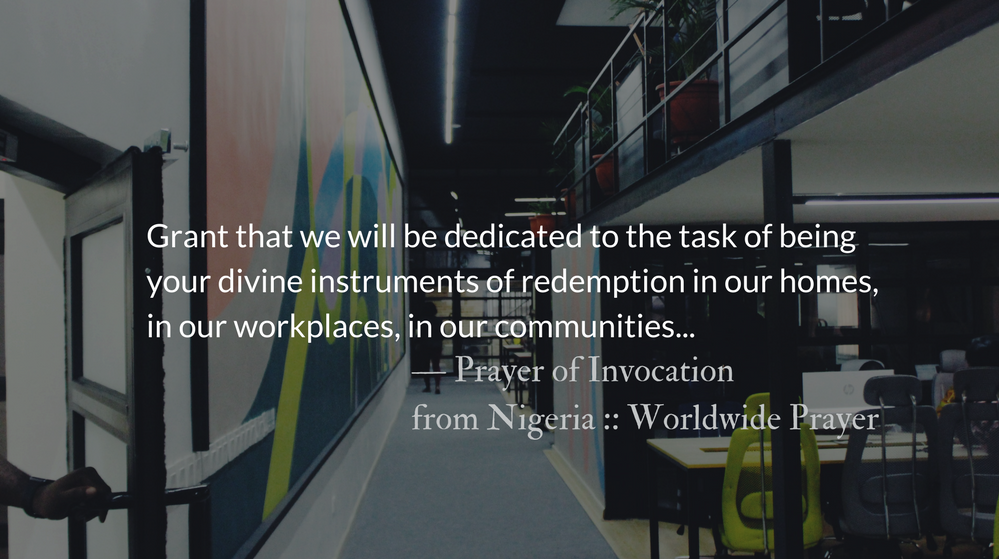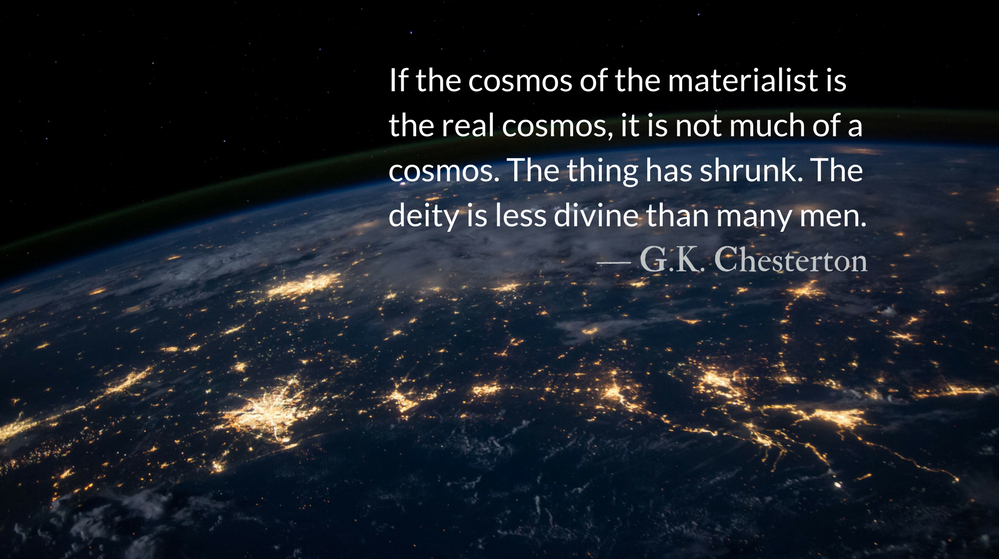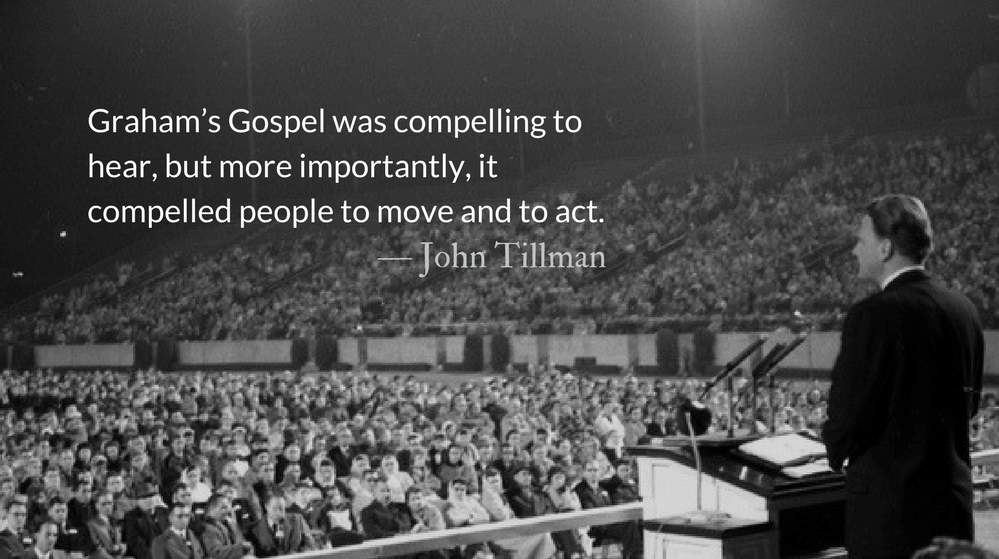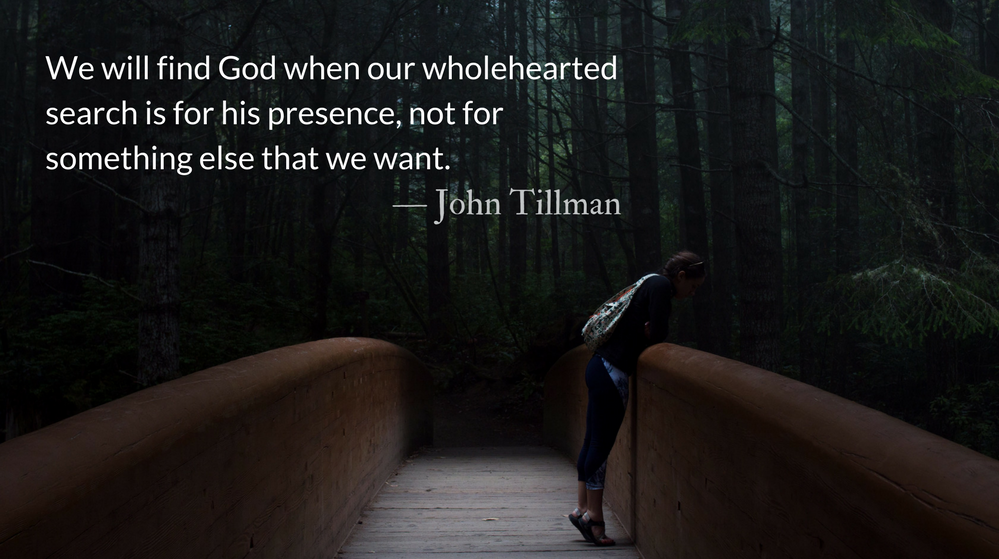Scripture: 2 Corinthians 1.10-11
He has delivered us from such a deadly peril, and he will deliver us again. On him we have set our hope that he will continue to deliver us, as you help us by your prayers. Then many will give thanks on our behalf for the gracious favor granted us in answer to the prayers of many.
Reflection: Prayer of Invocation from Nigeria :: Worldwide Prayer
O God, our Father we thank you for your Son, Jesus Christ through whom you have incorporated us into your divine life by virtue of which we can call you Abba, Father. How can we thank you enough for the unmerited promise that where two or three are gathered in your name, you will honor them with your presence?
In humility, we have come to you claiming this gracious promise of your presence. Grant us the enabling power of the Holy Spirit to enable us to worship you in Spirit and in truth, for our desire is to be acceptable to you.
Our Holy Father, we have come confessing our sins of commission and omission before you because if we say we have no sin, we deceive ourselves. Your promise is that if we confess our sins we will be cleansed by the blood of your Son, Jesus Christ. Father, in your grace, touch us now and purge us of all of our sins.
Quicken our spiritual sensitivity so we can be consciously tuned to your spiritual wave length. May our eyes, O God, be opened now by the Holy Spirit to enable us to see the Risen Lord seated on the Throne in all his glory, pleading for us.
Grant that we will be dedicated to the task of being your divine instruments of redemption in our homes, in our workplaces, in our communities, to the extent that people around us will be impacted by the empirical demonstration of your transforming power working in us.
O Eternal Father, this is our earnest desire, this is why we have come before you. Grant this our humble desire, O God, not because we merit it but only because we ask for it in the name of our Lord Jesus Christ , your Son and our Savior.
*Prayer from Hallowed be Your Name: A collection of prayers from around the world, Dr. Tony Cupit, Editor.
Prayer: The Request for Presence
Satisfy us by your loving-kindness in the morning; so shall we rejoice and be glad all the days of our life. — Psalm 90.14
– Prayer from The Divine Hours: Prayers for Springtime by Phyllis Tickle.
Full prayer available online and in print.
Today’s Readings
Job 31 (Listen – 4:16)
2 Corinthians 1 (Listen – 3:52)
This Weekend’s Readings
Job 32 (Listen – 2:12) 2 Corinthians 2 (Listen – 2:13)
Job 33 (Listen – 3:00) 2 Corinthians 3 (Listen – 2:25)






